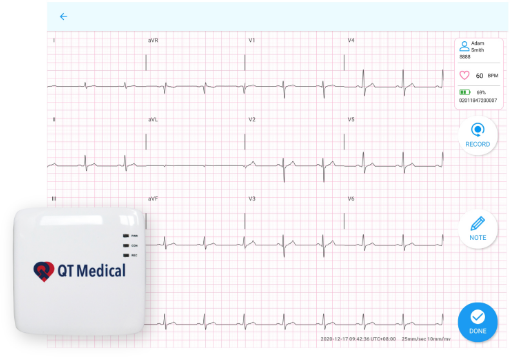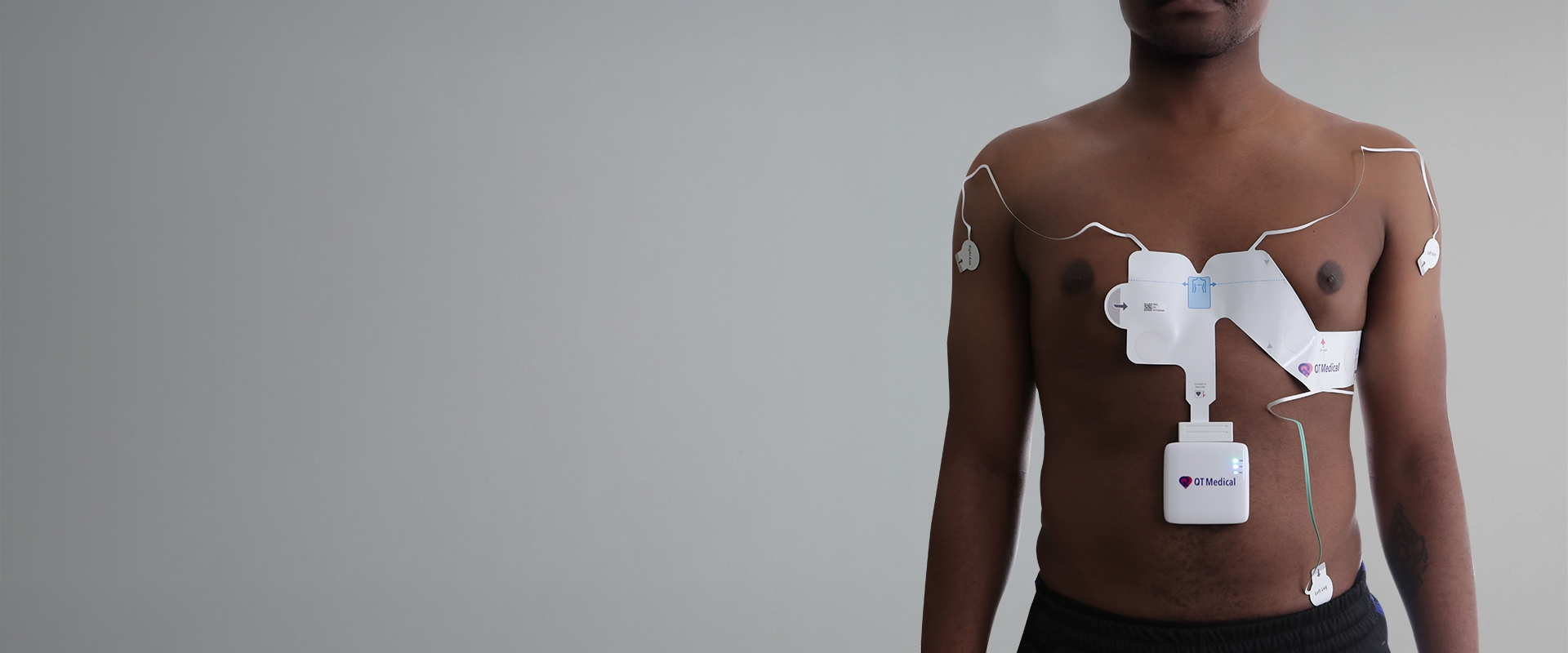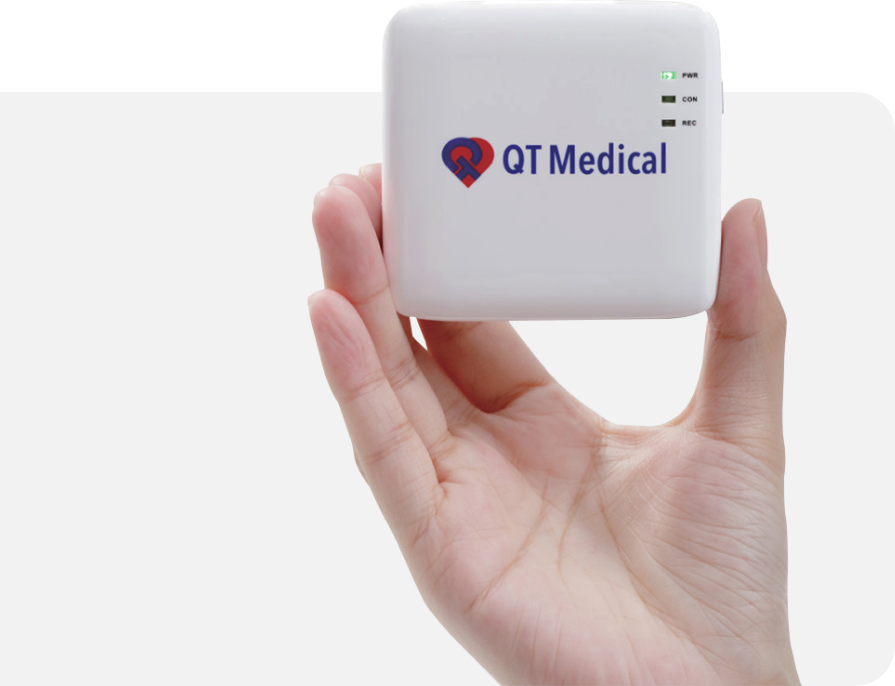What do the results mean?
For most people, the results of any ECG look like nothing
more than peaks and dips. However, in the trained hands of a
professional, these illustrate the state of a patient’s
heart. By translating these readings, healthcare workers can
see
if you have any blockages, irregularities, or other
concerns.
Primary physicians will typically use these readings to
inform your next step in the treatment. This can help them
determine whether you need medication, treatment, or any
other lifestyle changes. Though in the event that a primary
physician isn't present, nurses who’ve completed their
post-master’s nurse certification are also competent at
handling and analyzing ECG test results.
These post-graduate studies enable registered nurses to
further their expertise, which includes analyzing ECG tests.
Considering that the field of adult-gerontology is booming
as more patients near retirement age, nurse practitioners
are
expected to use their capabilities to address this demand,
and can help adults and even children understand if their
hearts are beating normally or at an abnormal pace.
Abnormalities may point to heart damage or heart disease and
may
need further consultation with heart specialists.









